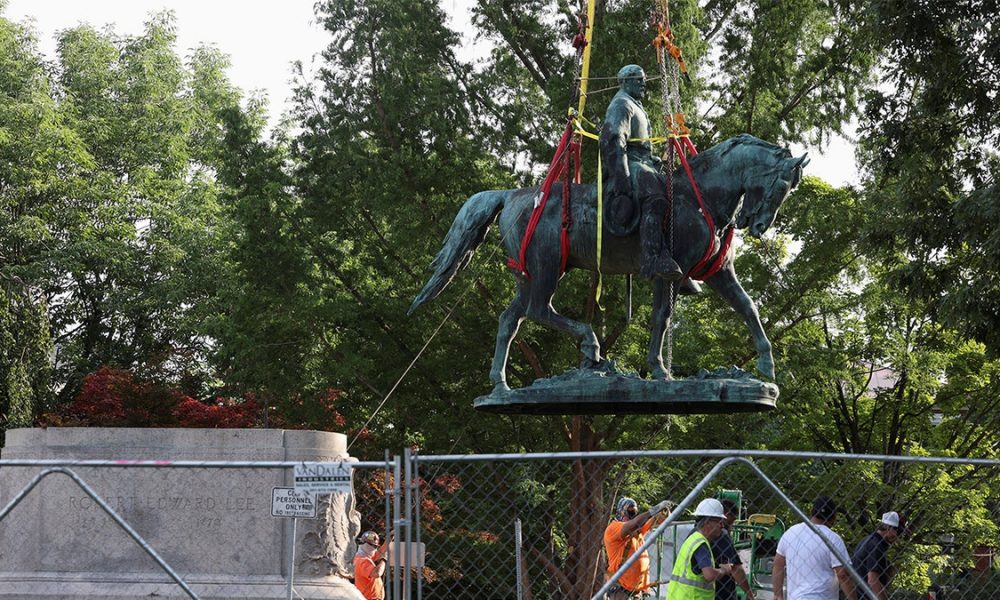Women in Brazil, where a conservative government strictly maintains the illegality of abortion, are heading to Buenos Aires, Argentina, to acquire these procedures in a country where abortion laws are more lenient.
What We Know:
- A story reported by AP tells of two Brazilian women who made the trek to Argentina two weeks before the government passed the landmark legislation legalizing abortion. Sara, 20, and a 25-year-old woman from Sao Paulo, independently flew to the Argentine capital where the abortion laws are lenient to pregnancies that pose “health risks.”
- “Having a child that I don’t want, and have no conditions to raise, and being obliged, would be torture,” Sara told The Associated Press. “What has helped me since I discovered I was pregnant is that I have a chance. I still have an alternative. That leaves me feeling more secure,” she adds.
- On December 30, Argentina became the largest Latin American country to legalize abortions. The passing of such legislation demonstrates the increasingly progressive direction that the Argentine society is moving toward, contrasting the conservative administration governing the neighboring country.
- “With the changes in legislation in Latin America, women don’t need to go to the U.S., don’t need a visa to get an abortion,” said Debora Diniz, a Latin American studies researcher at Brown University.
“More middle-and working-class women connected to feminist groups are now having access to something that is basically the story of wealthy women for a long time,” she adds.
- Legalizing abortions in Argentina means that women in Brazil would no longer have to buy counterfeit abortion pills or undergo dangerous backdoor procedures in their country. Sara claims she feared “injury, death, or a failed abortion resulting in complications.” Additionally, the consequences of getting caught could result in imprisonment.
Since Brazilian President Jair Bolsonaro took office in January 2019, lawmakers have introduced at least 30 bills seeking to tighten laws, according to Women in Congress. Additionally, Bolsonaro said that if Congress legalized abortion, he would veto. After Argentina’s bill was passed, Bolsonaro commented on Twitter that it would leave children “subject to being reaped in their mother’s wombs with consent of the State.”



